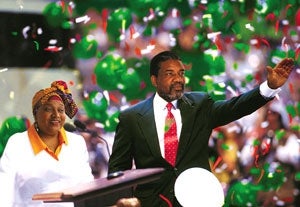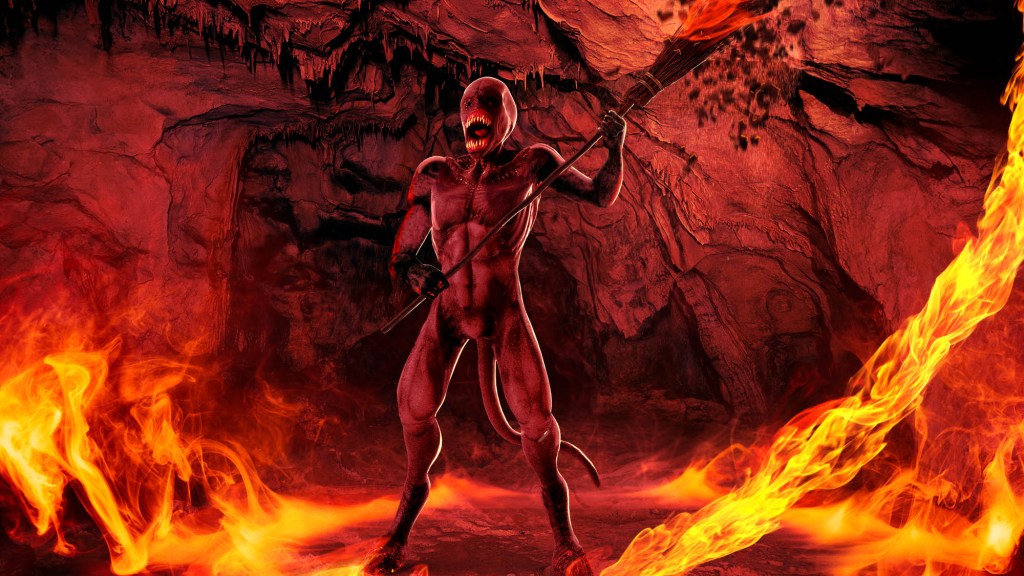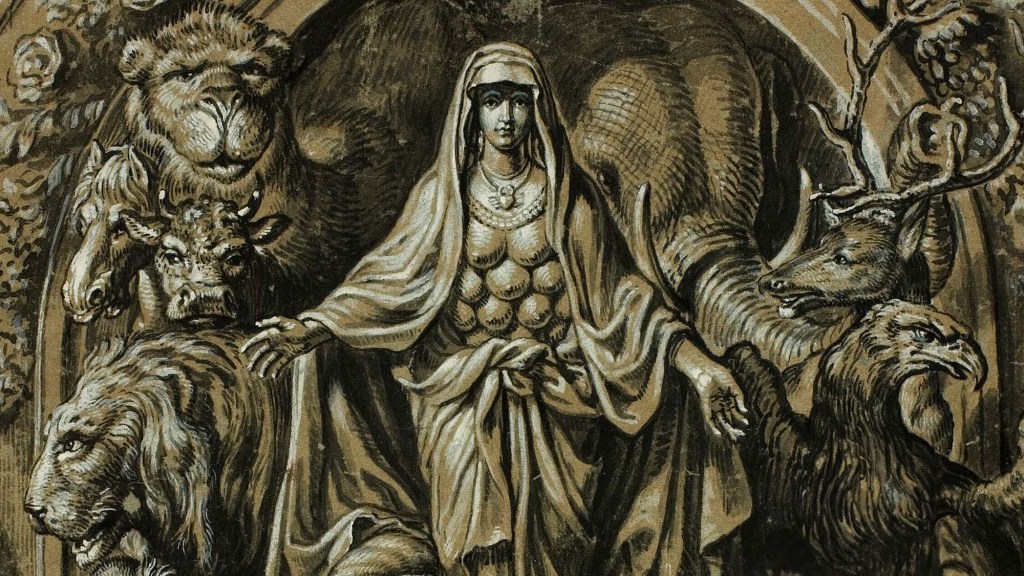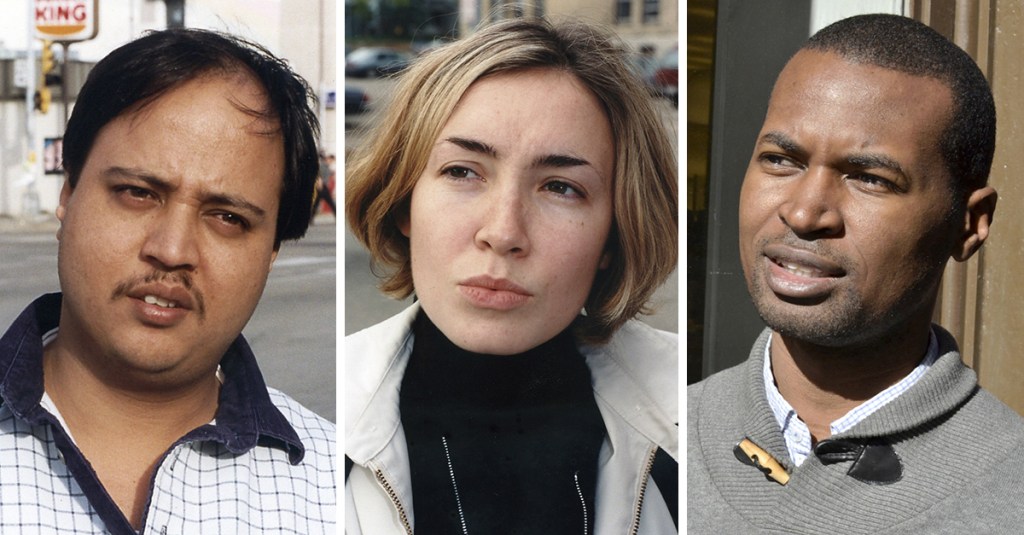ABUJA, NIGERIA–In a historic triumph for Nigeria’s African-African community, Bilikisu Adewale, a 49-year-old black man, was elected president Monday.
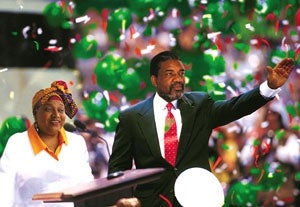
“Today is a great day for the people of Nigeria,” Adewale told a cheering crowd in his 30-minute acceptance speech. “But even more so, today represents a tremendous victory for this nation’s black citizens, who came to the polls in full force to put one of their own in power.”
“I am overwhelmed,” Adewale added. “This is truly precedented.”
Addressing the largely black crowd, Adewale, who served as Nigeria’s Foreign Minister from 1993 to 1998, pledged to defend the interests of the nation’s sizable black community. Among his chief campaign promises was to increase funding for schools in Nigeria’s inner cities, outer cities, and middle cities–areas with a high concentration of blacks.
“I grew up in an extremely poor, all-black section of Lagos and attended schools that were overcrowded and horribly equipped,” Adewale said. “For many blacks of my generation, the experience was the same. I want every member of the current generation of black youths to read from new textbooks and learn in state-of-the-art facilities. We must leave no child behind.”
As a further measure, Adewale said he planned to declare March “Black History Month.” Throughout the month, he said, the nation will celebrate “the remarkable and oft-overlooked contributions of Nigerians of color.”
“Do you realize that in this nation of 123 million people, there is not a single black-history museum or black cultural center?” Adewale asked. “Did you know that at the University of Nigeria, there are no black fraternities and no black student union? This must change. And it will, starting today.”
But despite his optimism, Adewale cautioned that many daunting challenges lie ahead.
“Yes, this election is a great step forward for black Nigerians,” Adewale said. “But there is much work to be done: A shocking 50 percent of our nation’s blacks earn an income below the national average. The ever-present specter of black-on-black violence continues to loom over our communities. Our prison population is virtually 100 percent black. And each year in Nigeria, the dread disease of AIDS kills more blacks than all other ethnicities combined.”
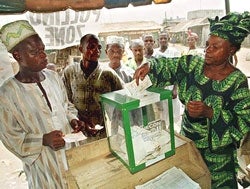
The Adewale win, which many are calling the greatest political victory for black Nigerians since the previous election, did not come easily. Throughout the seven-month campaign, Adewale tirelessly canvassed the nation, targeting predominantly black areas in an effort to capture the highly coveted African-African vote. During speeches, Adewale frequently emphasized issues of special concern to black Nigerians, including the economy, education, health care, and foreign policy.
As Adewale began to rise in the polls, his opponent, longtime Nigerian parliamentary leader Nshange Oduma, also attempted to court black voters, visiting numerous Hausa and Yoruba neighborhoods. But in the end, analysts said, such efforts proved too little, too late.
“The black vote is often the key to Nigerian elections,” said Bikot Ughegbe, a reporter for The Guardian, the country’s largest newspaper. “If you can win their support, you have an excellent chance of winning the presidency. Oduma simply waited too long to focus on black voters, and that cost him dearly.”
The election now over, attention is turning to Adewale’s cabinet nominations, which he is expected to begin announcing as early as Friday. Already, rumors are swirling that Adewale will tap Bitek Kashoba, a high-ranking black general, for Minister of Defense. In addition, the new president is believed to be strongly considering Nolo Okoye, also black, for Minister of Transportation.
Throughout the presidential campaign, Adewale promised that, if elected, he would appoint a significant number of majorities to his cabinet, creating “a government that looks like Nigeria.”


